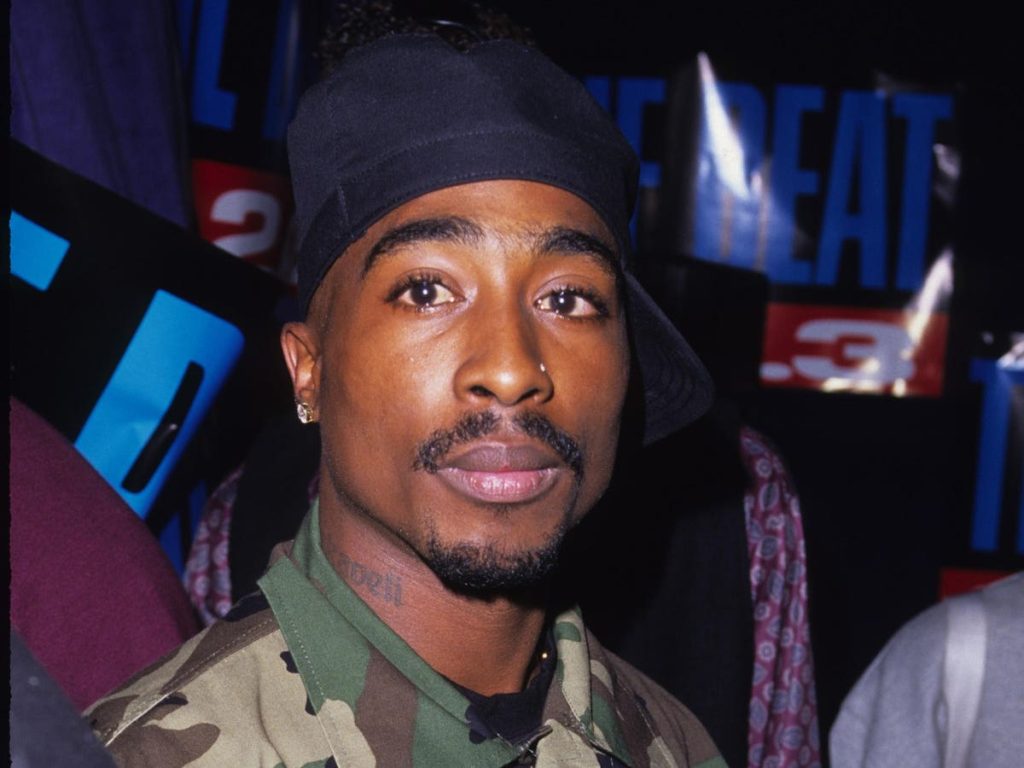The estate of Tupac Shakur has issued a cease and desist letter to Drake, requesting the removal of a Kendrick Lamar diss track that features an AI-generated rendition of Tupac’s vocals. The letter, sent out by the estate’s lawyer Howard King, alleges that the use of AI Tupac was unauthorized and a violation of Tupac’s publicity and legal rights. The estate has expressed its disapproval of the unauthorized use of Tupac’s vocals to slight Kendrick Lamar, who is a close friend of the estate and has shown respect for Tupac’s legacy.
The diss track, titled “Taylor Made Freestyle,” also features artificial vocals of Snoop Dogg, who playfully responded to the act in an Instagram reel on the same day as the song’s release. The song was released on Drake’s Instagram and has not been made available on streaming platforms. The cease and desist letter has brought attention to concerns about the potential impact of artificial intelligence and voice cloning on hip-hop culture, with a focus on how it may affect the authenticity of artistic projects, particularly in terms of lyrical ability.
The introduction of AI technology in the creative process of rap music has led to mixed emotions within the industry, with concerns about its influence on the individual creativity that has traditionally driven the genre. There is a general reluctance toward technologically curated lyrics within the competitive landscape of hip-hop’s rap element. Legal issues surrounding copyright are also a key concern, as the AI technology may use copyrighted works of Tupac without approval from his estate, leading to potential loss of monetary compensation.
Howard King’s letter questions how the sound-alike vocals were created and the individuals or company involved in their production. He also raises concerns about potential violations of publicity laws, as the use of AI-generated vocals may encroach on the protection of Tupac’s likeness. The letter argues that the use of artificial clones gives a false impression of the estate’s approval and Tupac’s endorsement of the vocals. The estate is likely to take legal action if the song is not removed within 24 hours.
Drake’s Instagram still hosts the Kendrick Lamar diss track, which has resurfaced on platforms like YouTube through various channels, disguised as lyric videos. The arrival of the cease and desist letter has altered the dynamics of the ongoing rap feud between Drake and Kendrick Lamar. The use of AI technology in hip-hop culture raises questions about the impact on authenticity and creativity in the genre, with concerns about copyright issues and potential violations of publicity laws. The estate of Tupac Shakur is taking a stand against the unauthorized use of AI-generated vocals and seeking to protect Tupac’s legacy and rights.


